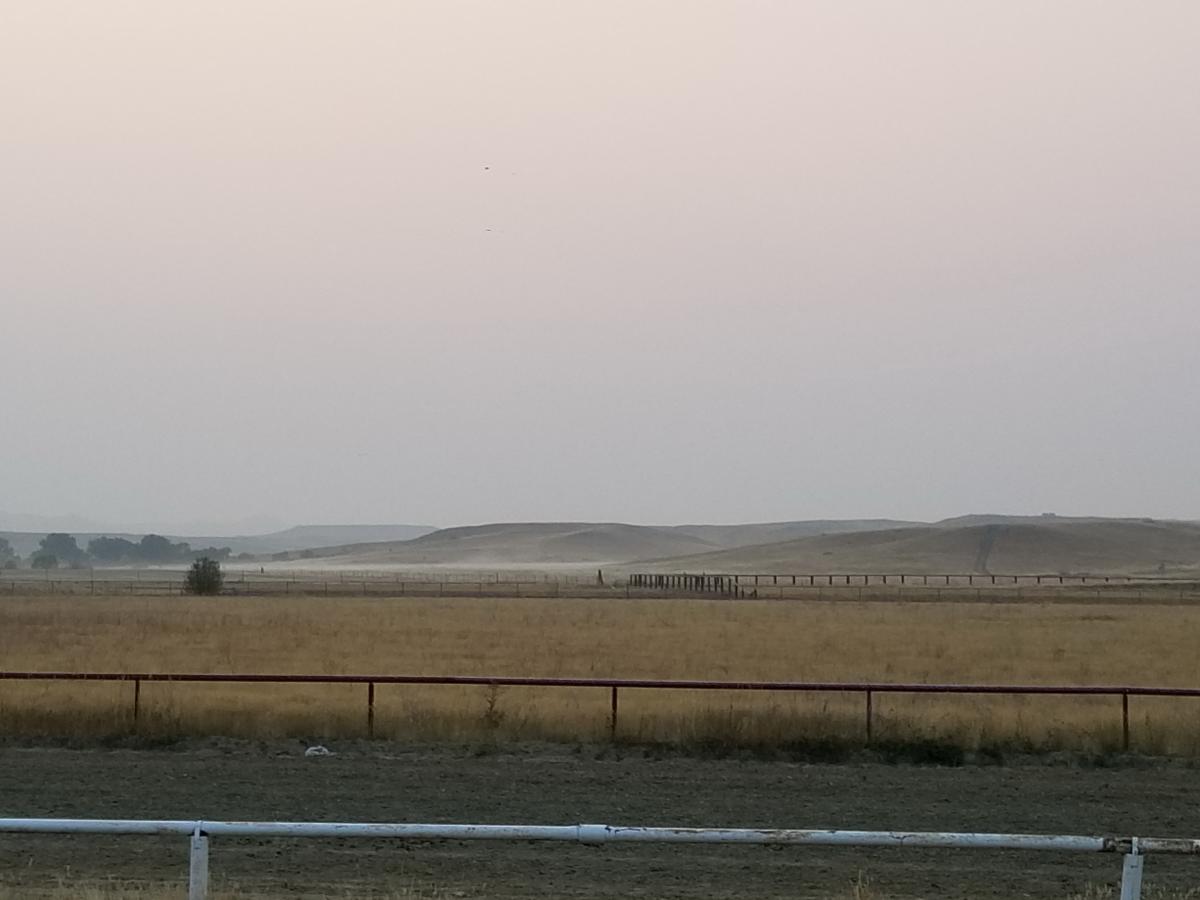
TABLE OF CONTENTS
Title Page
Acknowledgments
List of Acronyms
Foreword
Summary of Key Messages and Recommendations
Literature Cited
01. Introduction
Concerns for the Vulnerable
Report Purpose and Genesis
Literature Cited
02. Climate Change and Human Health in Montana
Montana’s Unique Geography
Climate Differs from Weather
The Science of Projecting Montana’s Future Climate: An Overview
Temperature
Precipitation
Climate Concerns for Human Health
Extreme heat
Smoke and air quality
Climate “surprises”
Summary
Literature Cited
03. Climate-related Health Impacts
Extreme Heat
Human impacts from excessive heat
Assessing heat impacts specific to Montana
Air Quality Issues
Overview
Wildfires and wildfire smoke
Water-related Illnesses
Food Security and Nutrition Concerns
Vector-borne Disease
Mental Health Concerns
Literature Cited
04. Whose Health is MostVulnerable to Climate change Impacts?
Montana’s Health Profile
Montana is a rural state
Health-wise, where you live matters
Key health issues in Montana
Populations Vulnerable to Climate Change
People with existing chronic conditions
People threatened by increased heat
People living in proximity to wildfire and smoke
People facing food and water insecurity
People who are very young, very old, or pregnant
People with limited access to healthcare services
People living in poverty
American Indians
People lacking adequate health insurance
People with mental health issues
What Conclusions Can We Draw?
Literature Cited
05. Climate Health Actions
Community Actions: Teaming Up for Success
Steps to create a community climate action plan
Act on climate change not only for public health, but also economic well-being
Communities need climate and health data for planning and action
Strategies and actions for communities
Strategies and Actions for Healthcare Practitioners and Institutions
Practitioners
Healthcare institutions
Strategies and Actions for Individuals
Extreme events and disaster planning
Heat
Air quality
Flood and drought
Food security
Vector-borne disease
Mental health: getting involved and finding support
What Professional Organizations are Saying
Literature Cited
06. Moving Forward
Appendix A. Analysis of Vulnerability to HeatBased on Historic and Future Temperature, as well as Socioeconomic Factors
Multi-criteria Decision Analysis
Exposure Calculations
Sensitivity Calculations
Weighting Scheme
Results
Literature Cited
Appendix B. Community Tools and Resources
Glossary
List of Contributors
Back Cover
